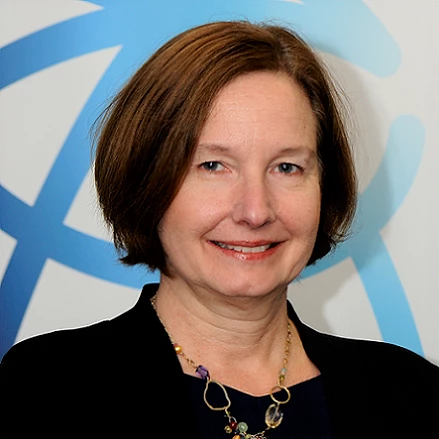 Stetoskop na LGBT zastavi
Stetoskop na LGBT zastavi
Facemasks, long lines outside of grocery stores, and social distancing have become the new normal. In addition to the thousands of people who have fallen sick or even lost their lives, the COVID-19 pandemic has had a severe impact on millions of people who have already lost their jobs - and therefore their livelihoods.
This is especially true for the most vulnerable, who were already facing heightened discrimination and exclusion even before the current crisis. In the Western Balkans, we are well-aware of the risks of exclusion for Roma people, people with disabilities, and lesbian, gay, bisexual, transgender, and intersex (LGBTI) people. These pre-existing inequalities are likely to be exacerbated by the pandemic, making it more difficult for these populations to access critical services - including healthcare and social protection. Unless we ensure these issues are addressed as part of and response to COVID-19, we risk deepening existing divides in health, education, and employment.
The World Bank, together with the Asian Development Bank (ADB), the European Bank for Reconstruction and Development (EBRD), and the Inter-American Development Bank (IDB) hosted a series of virtual discussions commemorating the International Day Against Homophobia, Transphobia, and Biphobia (IDAHOTB). While the impacts of the COVID-19 response were a prominent topic during these discussions among development partners, government representatives, academics, and LGBTI activists, the overarching theme focused on the need for data that is disaggregated by sexual orientation and gender identity in order to better understand and address social and economic exclusion of LGBTI people.
In the Western Balkans, the World Bank has been a pioneer in collecting Sexual Orientation and Gender Identity (SOGI) disaggregated data. From this and other research, we know that LGBTI people across the region face high levels of discrimination, exclusion, and violence. One-third of the LGBTI people we surveyed had been a victim of violence - with transgender people being the most vulnerable, with more than half reporting experiences of violence.
This data has been particularly useful in better understanding the potential negative impacts of the COVID-19 pandemic on sexual and gender minorities: 12 percent of LGBTI people we surveyed had forgone necessary medical treatment because of fear of discrimination by medical providers. In Serbia, our research found that only one-third of LGBTI respondents rated their health as “very good,” compared to 55 percent of the general population. Here we found again that transgender people fare much worse, with only 18 percent rating their health as “very good.” The self-assessment of one’s health as bad or very bad progressively increases among LGBTI people who are materially deprived (11 percent), severely materially deprived (14 percent), and extremely materially deprived (20 percent), compared to 5 percent of the overall LGBTI sample.
This and other data will help us and our clients build more inclusive and resilient communities, especially in response to the COVID-19 pandemic and its social and economic impacts on the region. The World Bank continues to be committed to filling the SOGI data gap and I am very pleased that we are continuing our work in the Western Balkans with research on the economic costs of exclusion, based on SOGI in Serbia.


Join the Conversation